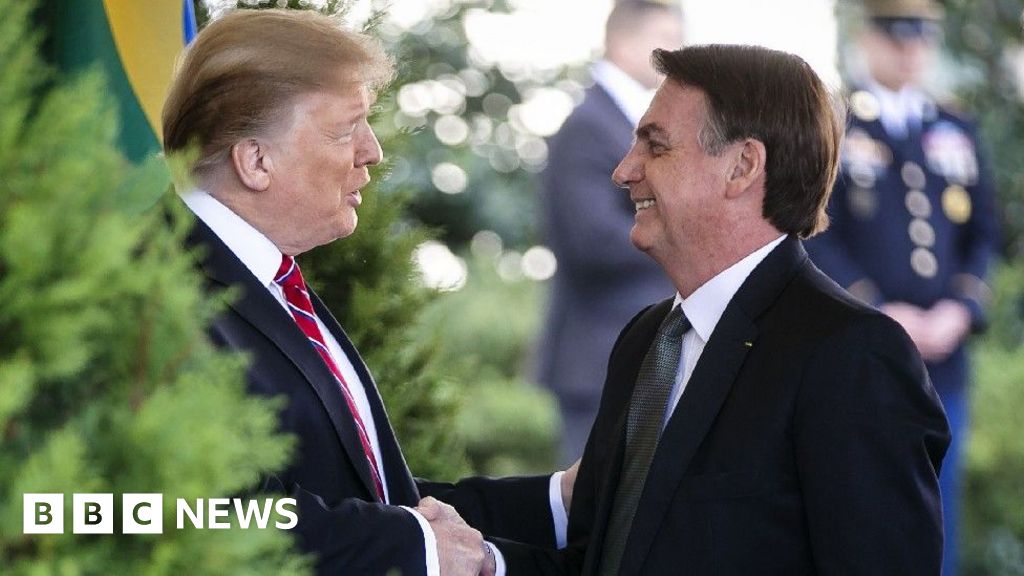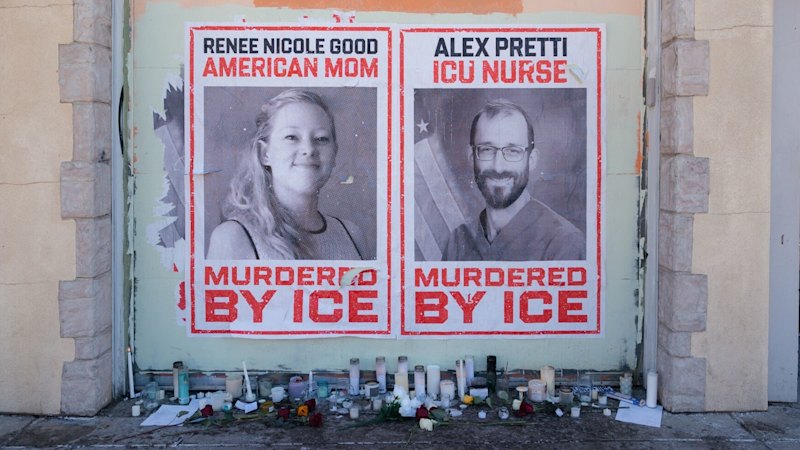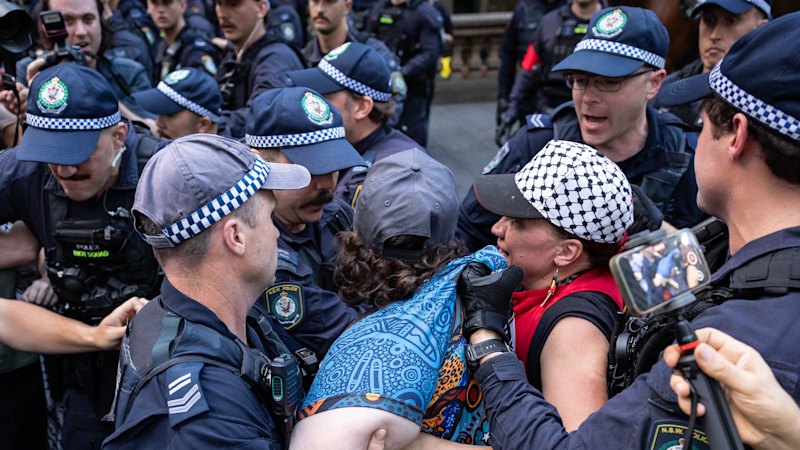
A message from US President Donald Trump on Wednesday has sent shockwaves through Brazil, threatening to impose tariffs as high as 50% on Brazilian goods. This move, which Trump claims is a response to Brazil’s alleged “attacks” on US tech companies and a “witch hunt” against former Brazilian President Jair Bolsonaro, has plunged US-Brazil relations to an unprecedented low.
The announcement comes amid a fresh round of political sparring between Trump and Brazil’s current president, Luiz Inácio Lula da Silva. Trump’s threats are seen as a continuation of his broader strategy to leverage tariffs for political ends, a tactic he has employed since returning to office in January. Lula’s government has vowed to reciprocate, potentially setting the stage for a trade war, although the specifics of Brazil’s response remain unclear.
Defending an Old Ally
Brazil’s trade dynamics with the US are unique, as it is one of the few countries that imports more from the US than it exports. This imbalance theoretically aligns with Trump’s trade agenda, making the tariff threat appear as an overt gesture of support for Jair Bolsonaro, who is facing legal challenges related to his alleged involvement in a plot to overturn the 2022 Brazilian election.
Trump’s letter, which criticized the Brazilian government and Bolsonaro’s ongoing trial, was seen by many analysts as a significant political endorsement. Bolsonaro’s supporters have long sought Trump’s backing, especially as Bolsonaro’s son, Eduardo, has been actively engaging with Trump’s inner circle in the US.
“The Brazilian government is conducting insidious attacks on Free Elections, and the fundamental Free Speech Rights of Americans,” Trump stated, further accusing Brazil of censoring US social media platforms.
Boost for Bolsonaro or Lifeline for Lula?
While the tariff threat could be perceived as a boost for Bolsonaro, who is barred from running for president until 2030, it also poses significant risks. The US is Brazil’s second-largest trading partner, and sectors closely tied to Bolsonaro’s base, such as agribusiness, could be severely impacted by new tariffs. Concerns are mounting over potential disruptions to exports of key commodities like oranges, coffee, and beef.
Conversely, Trump’s move might inadvertently benefit Lula. Despite his declining popularity and challenges in Congress, Lula could leverage the situation to rally nationalistic sentiments. A May poll indicated that 55% of Brazilians disapprove of Trump, suggesting that further tariffs may not sway public opinion in Bolsonaro’s favor.
“No citizen, especially representatives elected by the people, can tolerate foreign aggression against Brazil, regardless of the alleged justification. It’s time for true patriotism,” wrote Alessandro Vieira, a centrist senator.
Implications and Global Context
This development follows Trump’s broader tariff strategy targeting the BRICS nations, which include Brazil, India, Russia, China, and now Iran. The bloc was established to counterbalance US global influence, and Trump’s actions could be seen as an attempt to undermine this coalition.
Experts warn that the escalating tensions could have far-reaching implications. “Even Lula’s critics may see Trump’s move as an attack on national sovereignty and the independence of the judiciary,” said Oliver Stuenkel, a professor at the Getúlio Vargas Foundation and a researcher at the Carnegie Endowment for International Peace.
As both nations brace for potential economic fallout, the political ramifications remain uncertain. The situation underscores the complex interplay between international trade policies and domestic politics, with both Trump and Lula navigating a landscape fraught with challenges and opportunities.
As the world watches, the unfolding saga between the US and Brazil will test the resilience of international alliances and the strategic acumen of its leaders. The coming weeks will be crucial in determining whether Trump’s gamble will pay off or backfire, reshaping the political landscape in both countries.





